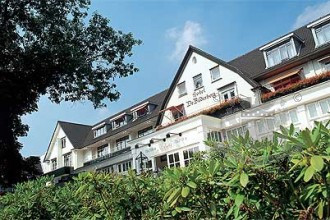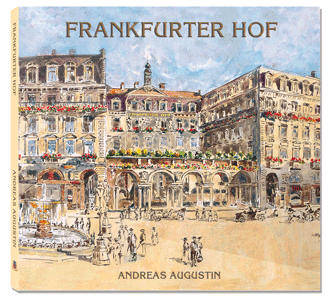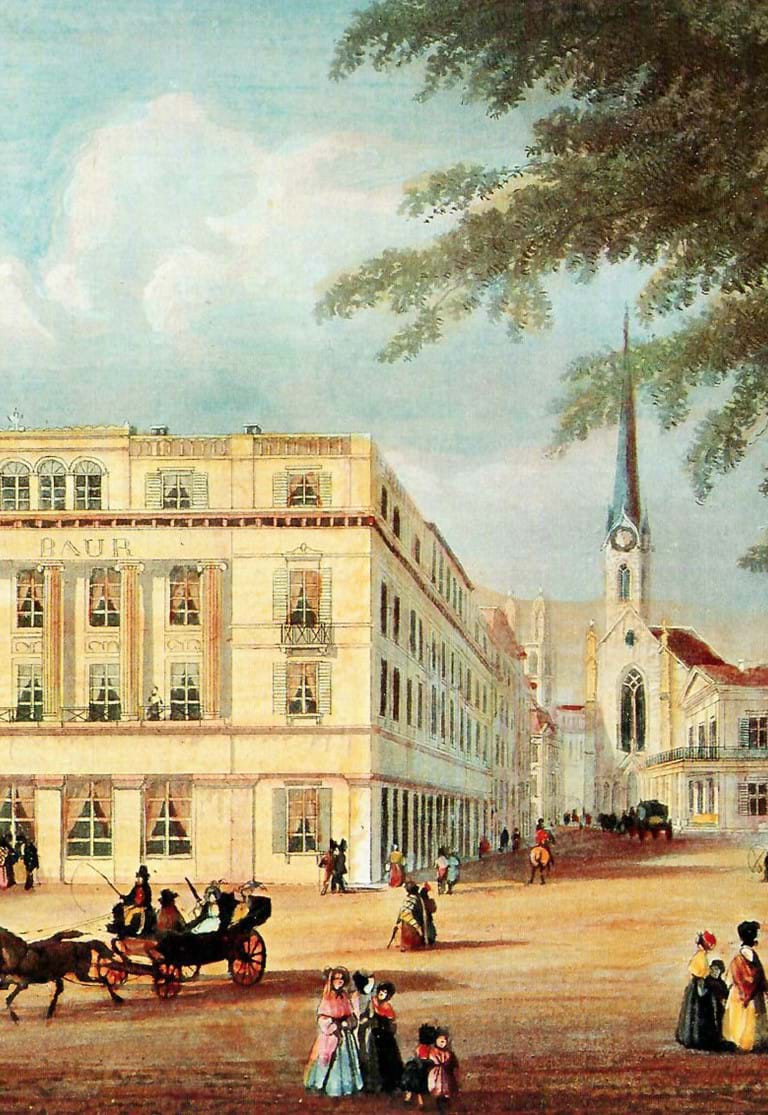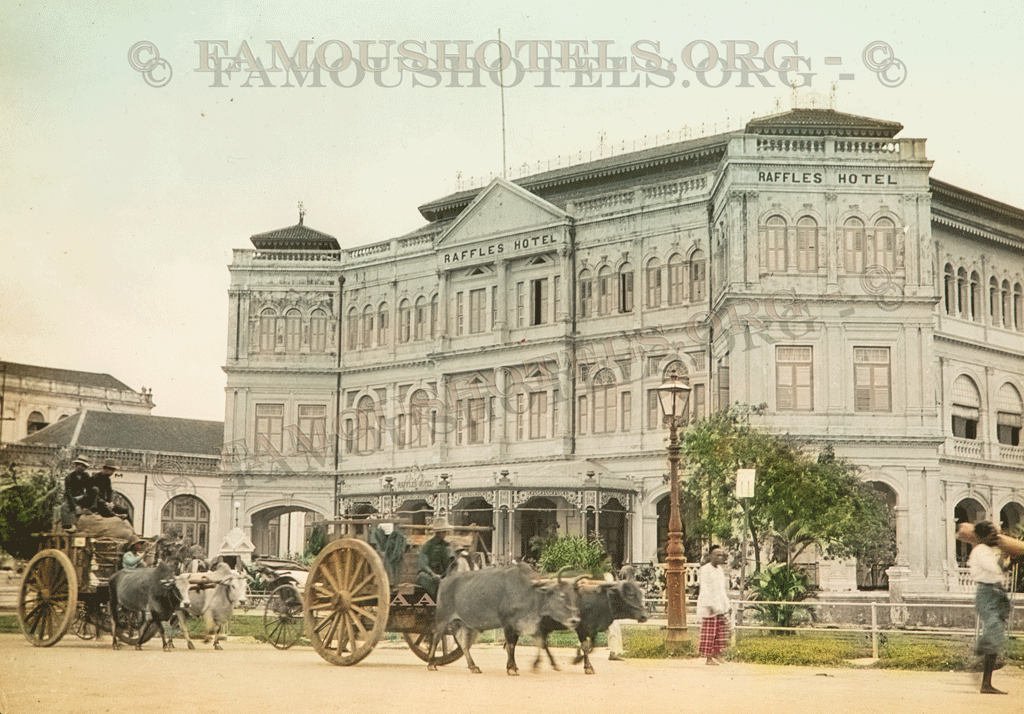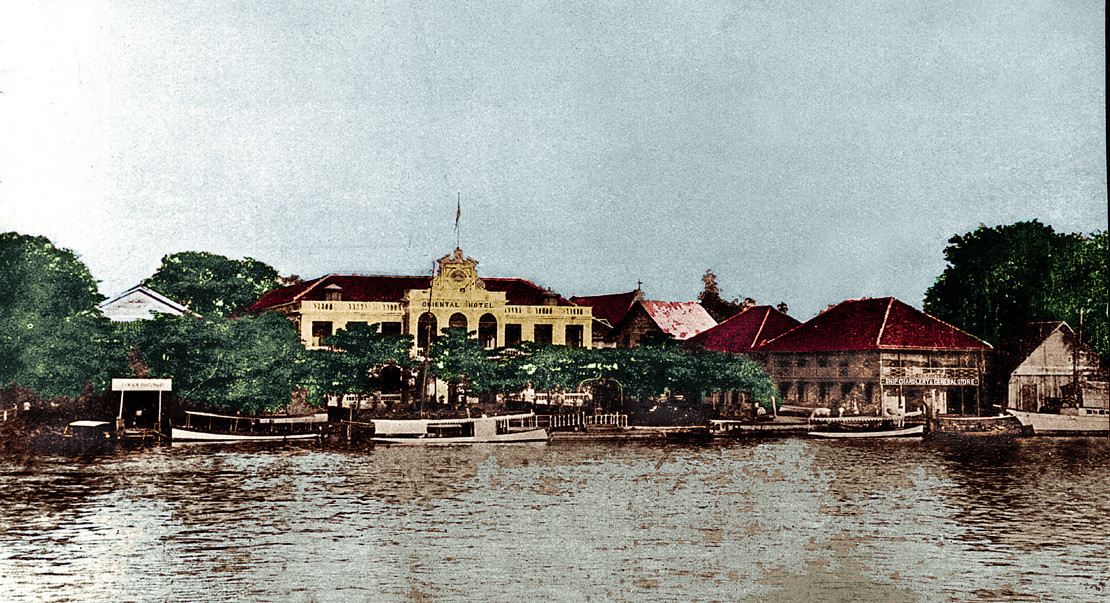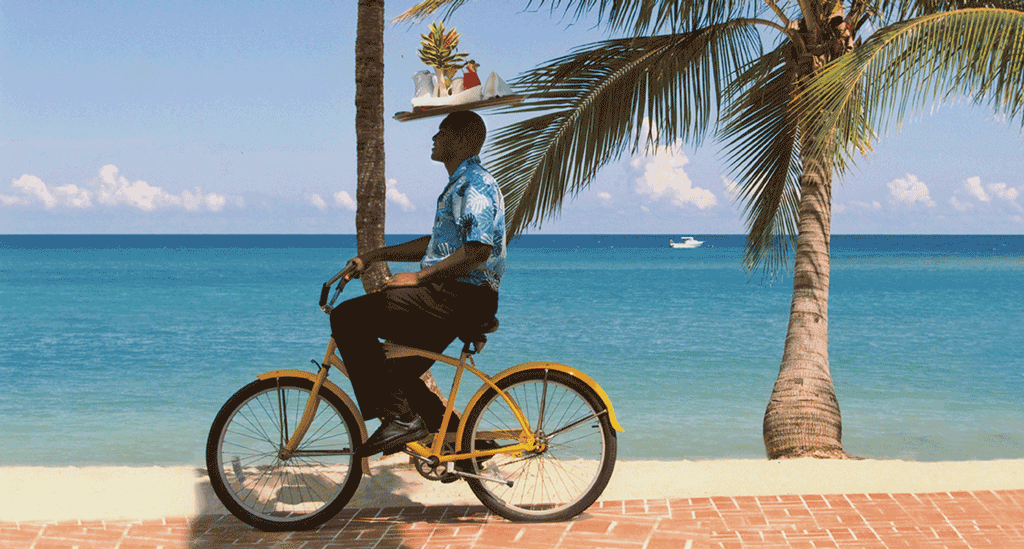Bilderberg
( words)
Bilderberg takes its name from the Hotel de Bilderberg in The Netherlands, where the first meeting took place in May 1954. That pioneering meeting grew out of the concern expressed by leading citizens on both sides of the Atlantic that Western Europe and North America were not working together as closely as they should on common problems of critical importance. It was felt that regular, off-the-record discussions would help create a better understanding of the complex forces and major trends affecting Western nations in the difficult postwar period.
What is unique about Bilderberg as a forum is the broad cross-section of leading citizens that are assembled for nearly three days of informal and off-the-record discussions about topics of current concern especially in the fields of foreign affairs and the international economy; the strong feeling among the participants that in view of the differing attitudes and experiences of the Western nations, there remains a clear need to further develop an understanding in which these concerns can be accommodated; the privacy of the meetings, which has no purpose other than to allow participants to speak their minds openly and freely. In short, Bilderberg is a small, flexible, informal and off-the-record international forum in which different viewpoints can be expressed and mutual understanding enhanced.
Bilderberg’s only activity is its annual Conference. At the meetings, no resolutions are proposed, no votes taken, and no policy statements issued. The names of the participants as well as the agenda are made available to the press. Participants are chosen for their experience, their knowledge, and their standing; all participants attend Bilderberg in a private and not an official capacity.
There usually are about 120 participants of whom about two-thirds come from Europe and the balance from North America. About one-third are from government and politics, and two-thirds from finance, industry, labor, education, communications.
Participants have agreed not to give interviews to the press during the meeting. In contacts with the news media after the conference it is an established rule that no attribution should be made to individual participants of what was discussed at the meeting. As a result there is no press conference held.
Details:
The original Bilderberg conference was held at the Hotel de Bilderberg, near Arnhem in The Netherlands, from May 29 to May 31, 1954. The meeting was initiated by several people, including Joseph Retinger, concerned about the growth of anti-Americanism in Western Europe, who proposed an international conference at which leaders from European countries and the United States would be brought together with the aim of promoting understanding between the cultures of United States of America and Western Europe.
Retinger approached Prince Bernhard of the Netherlands, who agreed to promote the idea, together with Belgian Prime Minister Paul Van Zeeland, and the head of Unilever at that time, the Dutchman Paul Rijkens. The guest list was to be drawn up by inviting two attendees from each nation, one each to represent conservative and liberal (both terms used in the American sense) points of view.
The success of the meeting led the organizers to arrange an annual conference. A permanent Steering Committee was established, with Retinger appointed as permanent secretary. As well as organizing the conference, the steering committee also maintained a register of attendee names and contact details, with the aim of creating an informal network of individuals who could call upon one another in a private capacity. The declared purpose of the Bilderberg Group was to make a common political line tie between the United States of America and Europe in their opposition to the USSR and the global communist threat to their common monetary interests. Conferences were held in France, Germany, and Denmark over the following three years. In 1957, the first U.S. conference was held in St. Simons, Georgia, with $30,000 from the Ford Foundation. The foundation supplied additional funding of $48,000 in 1959, and $60,000 in 1963.
Dutch economist Ernst van der Beugel took over as permanent secretary in 1960, upon the death of Retinger. Prince Bernhard continued to serve as the meeting's chairman until 1976, the year of his involvement in the Lockheed affair. There was no conference that year, but meetings resumed in 1977 under Alec Douglas-Home, the former British Prime Minister. He was followed in turn by Walter Scheel, ex-President of West Germany, Eric Roll, former head of SG Warburg and Lord Carrington, former Secretary-General of NATO.


